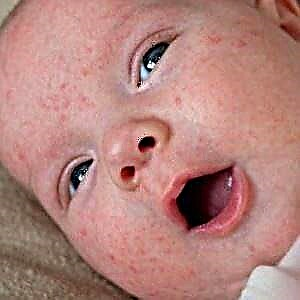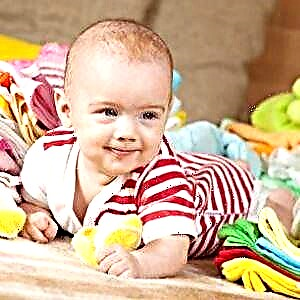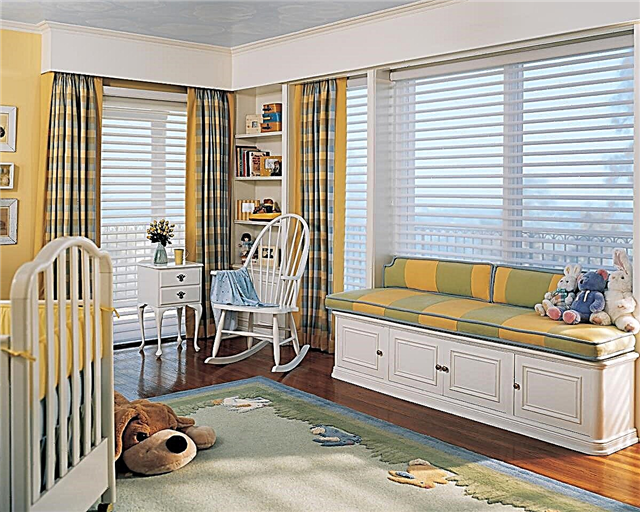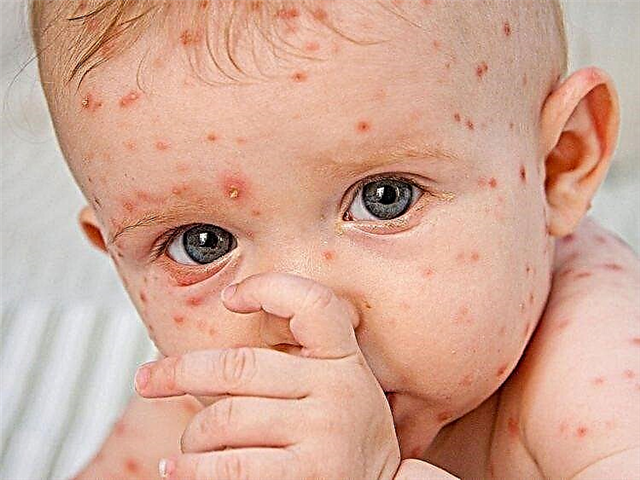Any illness or change in the baby's condition often causes parents to panic. The first days of a child's life can be overshadowed by the appearance of a rash on the face, popularly known as the flowering of newborns.
The clinical definition by doctors is neonatal cephalic pustulosis.
This disease will be indicated by acne on the face of the baby. On the surface, it looks as if the newborn is “blooming”.
In most children, acne appears not only on the face, but sometimes on the head. Most rashes will spontaneously disappear within four months. Therefore, most newborn babies will not need treatment to get rid of acne. In many cases, acne will go away after a few weeks.
What does acne look like? Flowering characteristic
 Baby acne appears as tiny, reddish, pus-filled bumps or pustules on the newborn's face. There are especially many of them on the cheeks, forehead or nose;
Baby acne appears as tiny, reddish, pus-filled bumps or pustules on the newborn's face. There are especially many of them on the cheeks, forehead or nose;- a rash on the face of a baby usually appears within the first 2 to 4 weeks after birth;
- baby acne becomes more visible when the child is restless;
- all skin spots or blisters that appear on a newborn's face are not always hormonal blooms.
The child may develop milia - cystic formations from the sebaceous glands. And newborn acne in this case seems a little bumpy and swollen.
If the skin blemishes appear more flaky and dry, this could indicate a skin disease caused by eczema or seborrheic dermatitis.
Parents should not give their child their own diagnosis. In any case, you must immediately show the baby to the doctor. If necessary, he will send you for examination, and then make an accurate diagnosis.
Causes of skin blooming in newborns
Experts often point out that skin blooming in newborns is caused by hormones that babies receive from their mother at the end of pregnancy.

They stimulate the baby's sebaceous glands, causing a hormonal rash in newborns on the chin, forehead, eyelids and cheeks, and sometimes on the head, neck, back and upper chest.
When maternal hormone levels decrease, the baby will recover from childhood acne. The skin becomes smooth.
The pores in baby's skin are not yet fully functional, making them an easy target for dirt to enter. It contributes to the appearance of acne in newborns.
It is known that nursing mothers must follow a diet. If it is often violated, it can also cause acne in newborns.
Acne in newborns is still very similar to skin diseases caused by Staphylococcus aureus and fungi. These same bacteria can cause omphalitis (inflammation of the navel) in newborns.
How to distinguish newborn acne from allergies?
Many parents are often hesitant when examining a rash on their child's face. What is it? Newborn acne or allergies?
Acne in babies and allergic rashes are two common skin conditions, and both can appear when babies are one to six months old.
 both phenomena usually affect the face. However, acne of a child is most often located in its central part, and allergies appear on the cheeks and other parts of the body;
both phenomena usually affect the face. However, acne of a child is most often located in its central part, and allergies appear on the cheeks and other parts of the body;- acne and allergic rashes are red. But baby pimples are bulging and not itchy. Childhood allergies appear as swollen, itchy patches;
- infantile acne usually goes away without special treatment. Allergy can accompany a child throughout his life. And he always needs a special diet, skin care and medication during an exacerbation.
Flowering treatment in infants
In most cases, a hormonal rash in newborns goes away without treatment. Some babies may have pimples that persist for several months. To treat neonatal acne, this stubborn form of baby acne, your doctor may prescribe a medicated cream or ointment to help clear out neonatal acne.
Resist the temptation to try any medications without a prescription. Check with your pediatrician first. Some medications are harmful to a child's health.
- Don't crush blooming eels. Childhood acne is very different from adult or teenage acne. To treat an illness, never pop a pimple on a child's face.
- Keep your child's face clean. Use a mild soap that does not dry out to keep your baby's skin clean and free of impurities. Clogged pores can also cause acne in babies. Since the baby's skin is very sensitive, use a clean cotton ball dipped in warm water. Cleanse your face gently with a cotton ball. This is the preferred way to wash your child's face if they have acne on their face.

- Avoid using any lotions or oils. Creams, lotions and oils clog the pores on the surface of your baby's skin, which can lead to acne. Avoid using oils and skin lotions until the acne is completely gone.
- Protect your child from scratches. Take steps to prevent the baby from scratching skin blisters or pimples. Baby's nails should always be cut short. Scratching skin rashes can worsen the condition and lead to serious skin infections.
- Keep baby's skin dry. Do not allow water to remain on the newborn's face. Moisture irritates pimples and makes the baby more fussy and irritable.
- Clean your baby's clothes regularly. It is extremely important to clean your baby's clothes properly to prevent over-colonizing the baby's skin with bacteria. Always make sure new clothes and towels are washed and ironed before using them on a newborn.
- Eat healthy foods while breastfeeding. Monitor your diet during lactation. Avoid eating fatty or unhealthy foods as this can worsen the rash in a newborn. Drink plenty of water to help your body get rid of unwanted and unhealthy foods and help your baby get a clear flow of breast milk. Eat lots of fresh fruits and vegetables as they can revitalize not only mom's skin, but baby's as well.
- Tell your doctor about your medications.During lactation, taking certain medications causes a rash on the baby's cheeks.
Tell your doctor about the full list of medications you are taking during lactation.
If any of the medicines cause allergies, the doctor may immediately replace it with an alternative medicine.
There is no treatment for childhood acne, but parents should still see a pediatrician.
A doctor's appointment and general check-up is a great time to ask questions about your baby's acne, as well as any other issues you may have.
What parents think of as acne may be a baby's facial allergy or eczema. If an allergic reaction is suspected, your doctor will consider ways to identify the allergen. The rash should be treated after the allergen has been identified and removed from the infant's environment. Eczema can be treated with over-the-counter moisturizers for babies.
Baby acne without complications usually disappears by 6 months, leaving beautiful baby skin.
Be aware that acne in children doesn't leave permanent marks, unlike teenage acne. They don't bode well for future acne problems.

 Baby acne appears as tiny, reddish, pus-filled bumps or pustules on the newborn's face. There are especially many of them on the cheeks, forehead or nose;
Baby acne appears as tiny, reddish, pus-filled bumps or pustules on the newborn's face. There are especially many of them on the cheeks, forehead or nose; both phenomena usually affect the face. However, acne of a child is most often located in its central part, and allergies appear on the cheeks and other parts of the body;
both phenomena usually affect the face. However, acne of a child is most often located in its central part, and allergies appear on the cheeks and other parts of the body;


